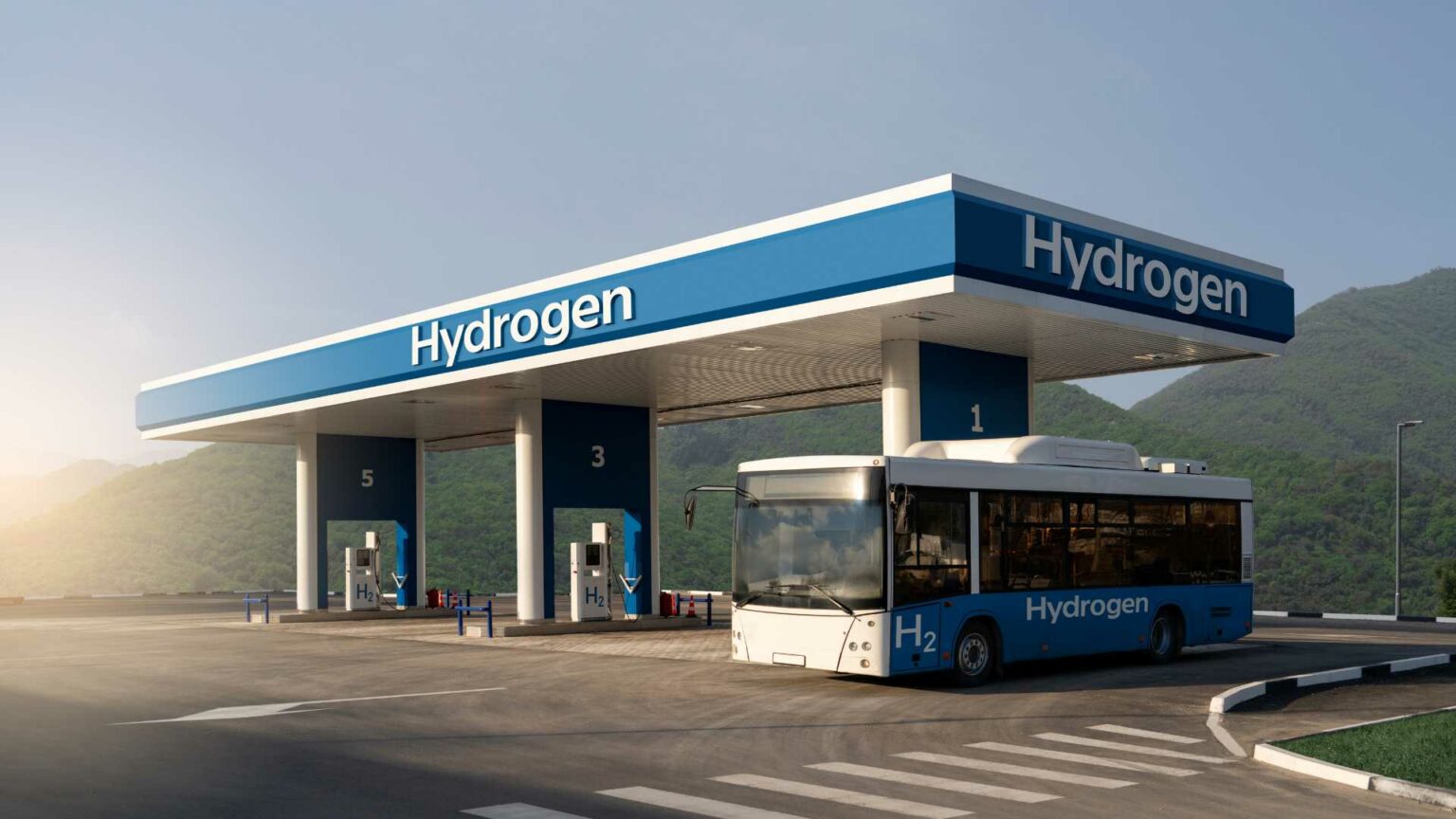The deployment of hydrogen buses in South Korea has reached a milestone, with the number of registered vehicles nearing 1,000.
This achievement marks significant progress since the first hydrogen bus was registered over five years ago in Changwon, Gyeongsangnam-do.
As of June 2024, there are 992 hydrogen buses registered nationwide, poised to surpass 1,000 in early July. The numbers have steadily risen from 77 in 2020 to 650 in 2023, highlighting growing adoption. Incheon leads with 213 buses, followed by Jeollabuk-do (141) and Gyeongsangnam-do (109), while regions like Gangwon, Daegu, and Jeju show slower adoption rates with only a handful of units.
The Ministry of Environment plans to boost hydrogen bus distribution by expanding high-capacity gaseous and liquid hydrogen charging stations. Liquid hydrogen, which allows for quicker refueling and higher storage capacity than gaseous hydrogen, is set to expand with 40 stations planned by year-end. Additionally, new hydrogen car models and expanded production are expected to bolster adoption from next year onward.
Looking ahead, collaboration between government bodies, bus manufacturers, and infrastructure developers is crucial. The Ministry of Environment emphasizes ongoing efforts to enhance production, supply chains, and charging infrastructure to support widespread hydrogen bus adoption. These efforts aim not only to curb air pollutants but also to contribute to South Korea’s broader energy transition goals.
